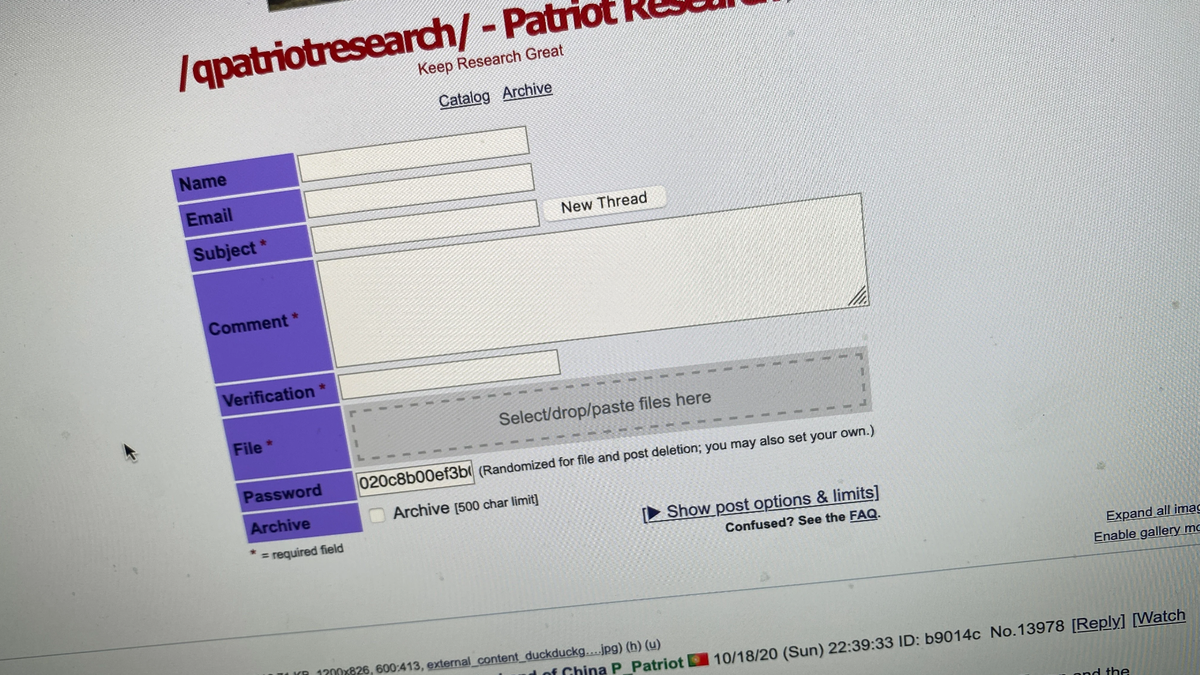Republican lawmakers are making efforts to obstruct the US Securities and Exchange Commission’s initiative aimed at limiting the utilization of artificial intelligence by financial investment entities.
In a recent development, Senators Ted Cruz (R-TX) and Bill Hagerty (R-TN) put forth the Protecting Innovation in Investment Act on Tuesday. This legislation seeks to bar the SEC’s regulation that would restrict advisers and brokers from employing “data analytics, artificial intelligence, machine learning, and similar technologies” in situations where a conflict of interest with investors could arise.
Gary Gensler, the chair of the SEC, had previously cautioned that advanced software tools could empower financial institutions to secure advantageous terms for themselves during negotiations with investors, potentially prioritizing their own interests. In contrast, Cruz and Hagerty argue that prohibiting the use of AI would be detrimental to investors, depriving them of the opportunity to leverage such technology for their benefit.
Cruz emphasized the significance of technological advancements in enabling more individuals to participate in the stock market. He stated, “By waging a war on technology, the SEC would hurt the very investors that it claims to be protecting – Americans saving for retirement. Our bill will halt this crusade in its tracks by making sure this rule never sees the light of day.”
Last year, the Commission put forward revisions that would broaden the scope of existing regulations governed by the Securities Exchange Act and the Investment Advisers Act.
The SEC’s proposal entails that firms should be mandated to identify and mitigate conflicts of interest associated with their use of technologies resembling predictive data analytics. The rationale behind this proposal is to safeguard the public interest and investors. Additionally, broker-dealers and investment advisers are required to maintain records detailing the technologies they have integrated and their respective applications to demonstrate the absence of conflicts of interest. However, Cruz and Hagerty argue that this requirement would impose an onerous burden, potentially impeding the adoption of new financial technologies by Wall Street and other entities.
Furthermore, the senators criticized the vague language used in the Commission’s regulations, suggesting that the term “predictive analytics” could be interpreted broadly, even encompassing basic tools like spreadsheets. Senator Hagerty condemned the SEC’s regulatory approach, characterizing it as an endeavor to excessively control financial markets without demonstrating proficiency in managing its own technology infrastructure.










